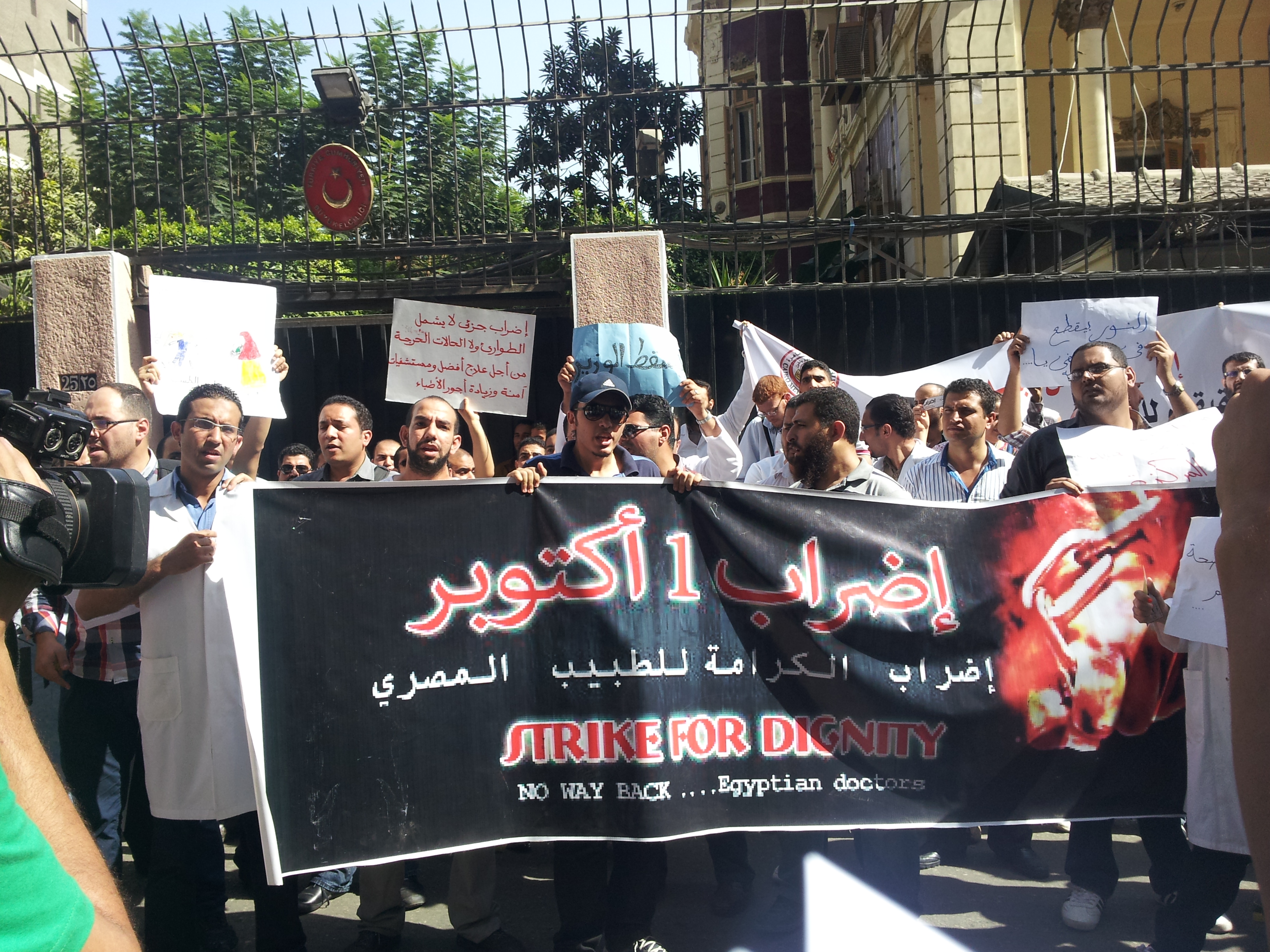The Supreme Committee of the Grand Ethiopian Renaissance Dam (GERD) concluded a meeting on Thursday by requesting a quadripartite mediation to help solve the issue.
The meeting, headed by Sudanese Prime Minister Abdullah Hamdouk, requested the involvement of the African Union (AU), United Nations (UN), European Union (EU), and United States (US) to help unlock the negotiations stalemate with Ethiopia. Sudan fears that a unilateral filling of the reservoir for the Ethiopian damn would put in danger its own dam.
The meeting was held in the presence of Sudan’s Ministers of Foreign Affairs, Irrigation, and Water Resources in addition to the Director of General Intelligence, the Director of Military Intelligence, the Sudanese Ambassador to Ethiopia, and members of the negotiation team.
It took place to discuss the current stalemate regarding the Ethiopian dam negotiations, and Sudan’s proposal to support the African track by turning it into a quadripartite track in which the AU, the UN, the EU, and the US are represented.
This is provided that the four parties play a mediating and facilitating role in the negotiations, instead of being satisfied with playing the role of observers.
The meeting also discussed repeated Ethiopian statements about its unilateral intention to start the second filling of the dam next July, without reaching an agreement on exchanging information. The move poses a direct threat to Sudan’s Roseires Dam, and thus to the irrigation systems, electricity generation, and drinking water stations along the Blue Nile.
The meeting agreed with the negotiation team’s proposal to move forward in communicating with the four international parties to explain the idea of the Quartet’s mediation on the Ethiopian Dam.
In a similar context, Eritrean President Isaias Afwerki held his first interview with Eritrean TV in ten years. He commented on the dispute between Sudan and Ethiopia, saying that any conflict will only jeopardise the welfare and interests of both countries and their peoples. This comes at a time when they are grappling with critical challenges in terms of the political transitions underway in the two countries.
On the Nile River, President Isaias spoke about the historical genesis of the dispute, current realities on the ground, future mutual benefits to the populations of Ethiopia, Sudan, Egypt.
He also stressed the need and urgency to find technical solutions that take into account all these parameters , and that are not based on zero-sum calculus.
The first filling of the 145-metre-tall dam’s reservoir began in July 2020. At that time, Addis Ababa claimed the Nile dam filling was accidental due to the heavy rains that tend to occur around this time every year.
Both Egypt and Sudan fear the consequences related to the filling and operation of the $4.6bn mega-dam, as it may restrict their vital water supplies.
For almost a decade, Egypt, Ethiopia, and Sudan have been engaged in negotiations on the GERD.
The principal purpose of the decade-long negotiations was to conclude a treaty, governing both the filling of the GERD reservoir and the operation of the dam.


